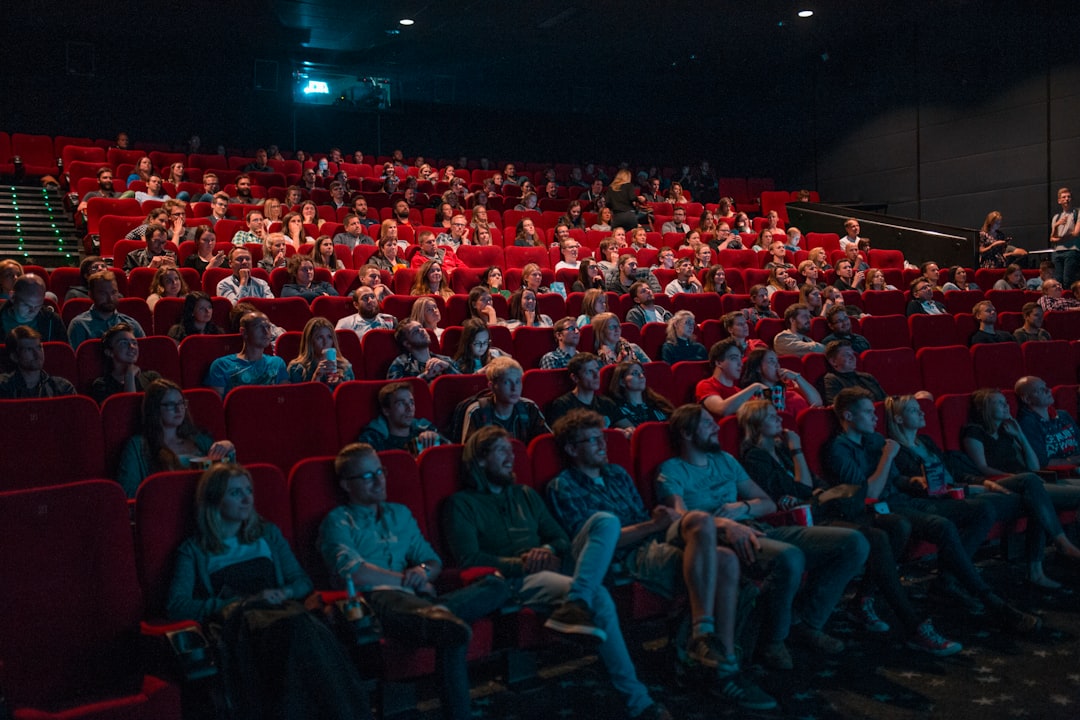
About 100 feature films screened at the recently-wrapped Sundance Film Festival. Attendees could spend days in front of the big screen watching a huge variety of films. So much to choose from, but audiences still didn’t know what they were missing.
The 2023 festival was the first since an organizational eruption change…
Keep reading with a 7-day free trial
Subscribe to Shiny Herd to keep reading this post and get 7 days of free access to the full post archives.


